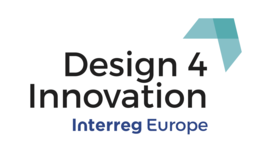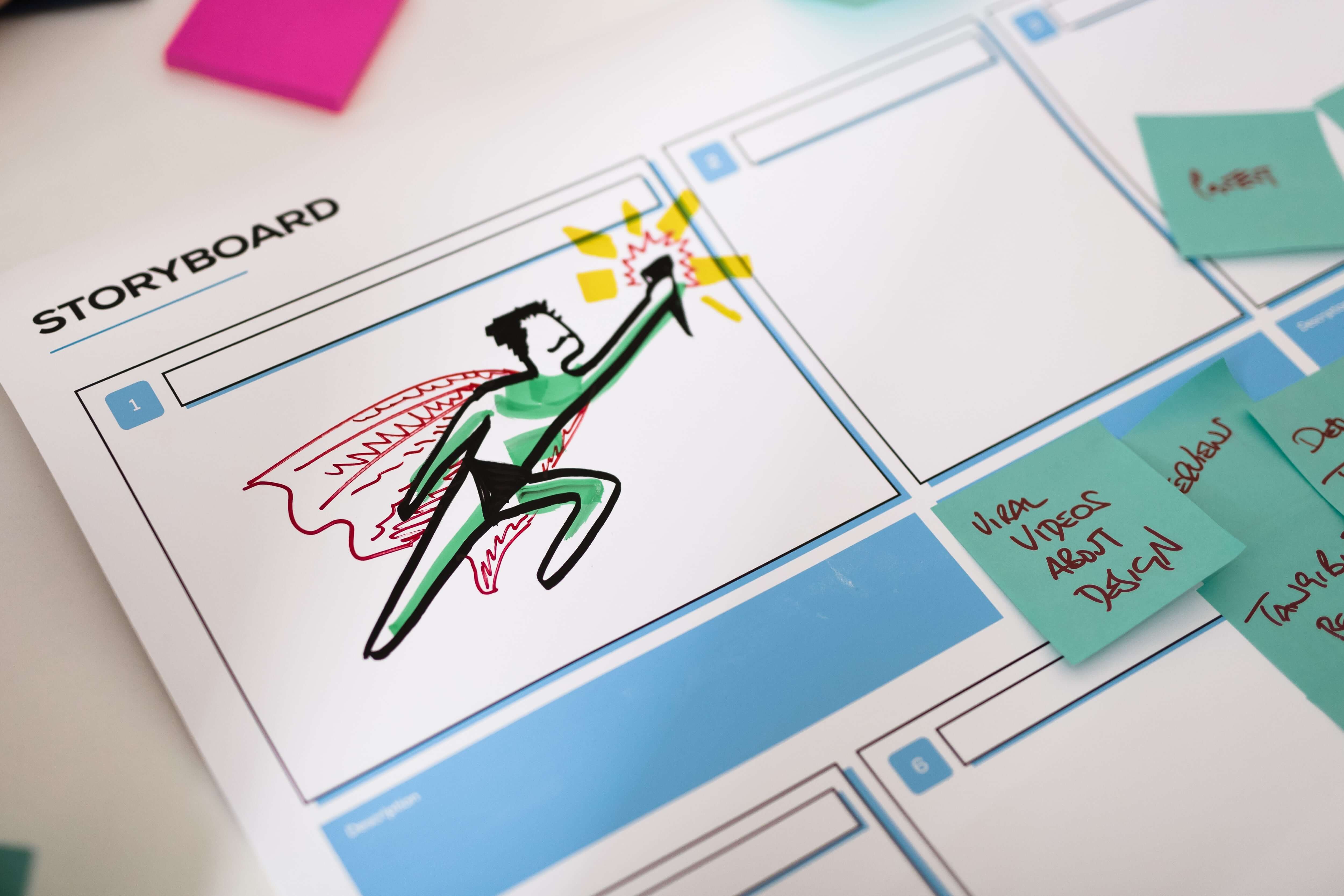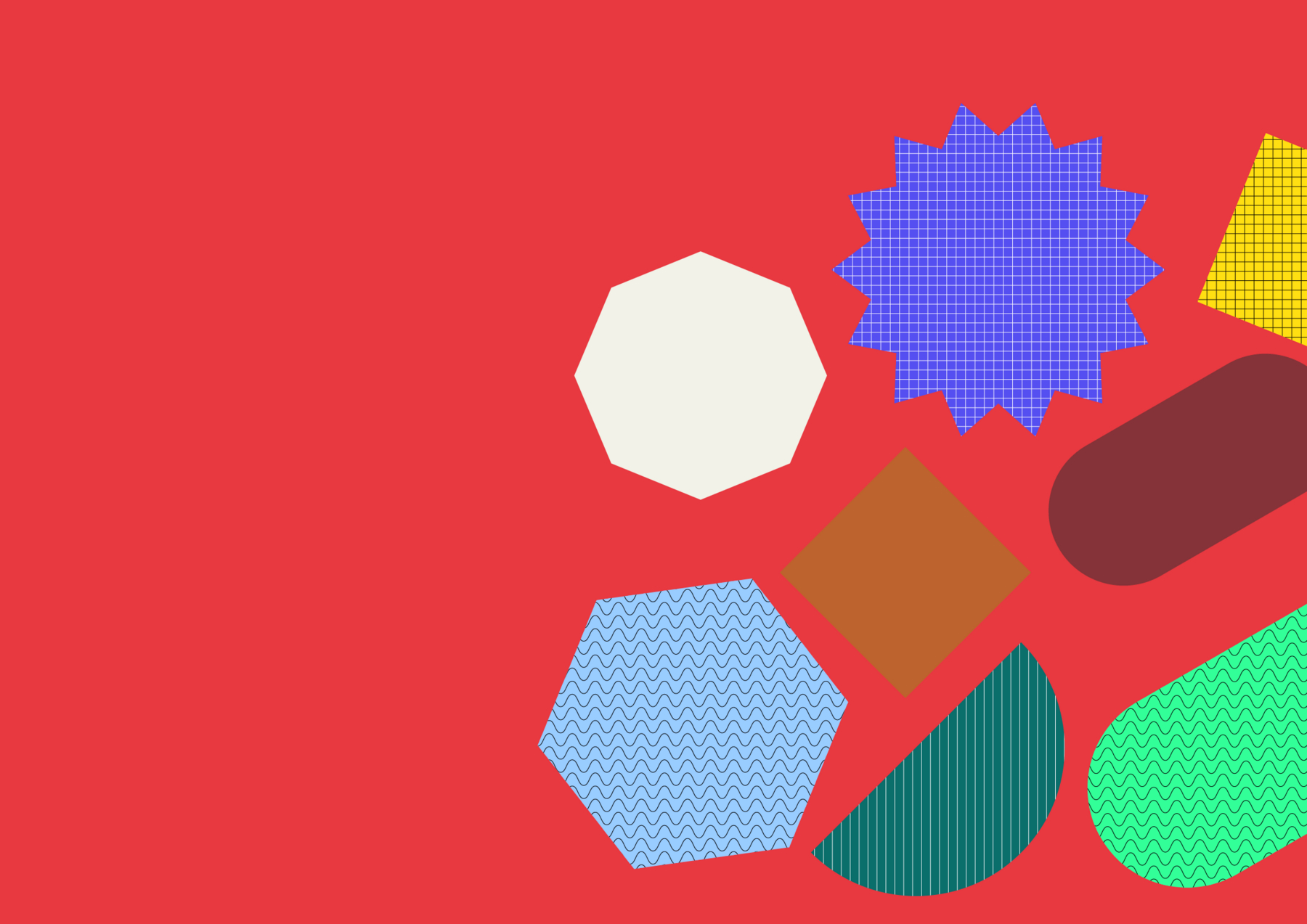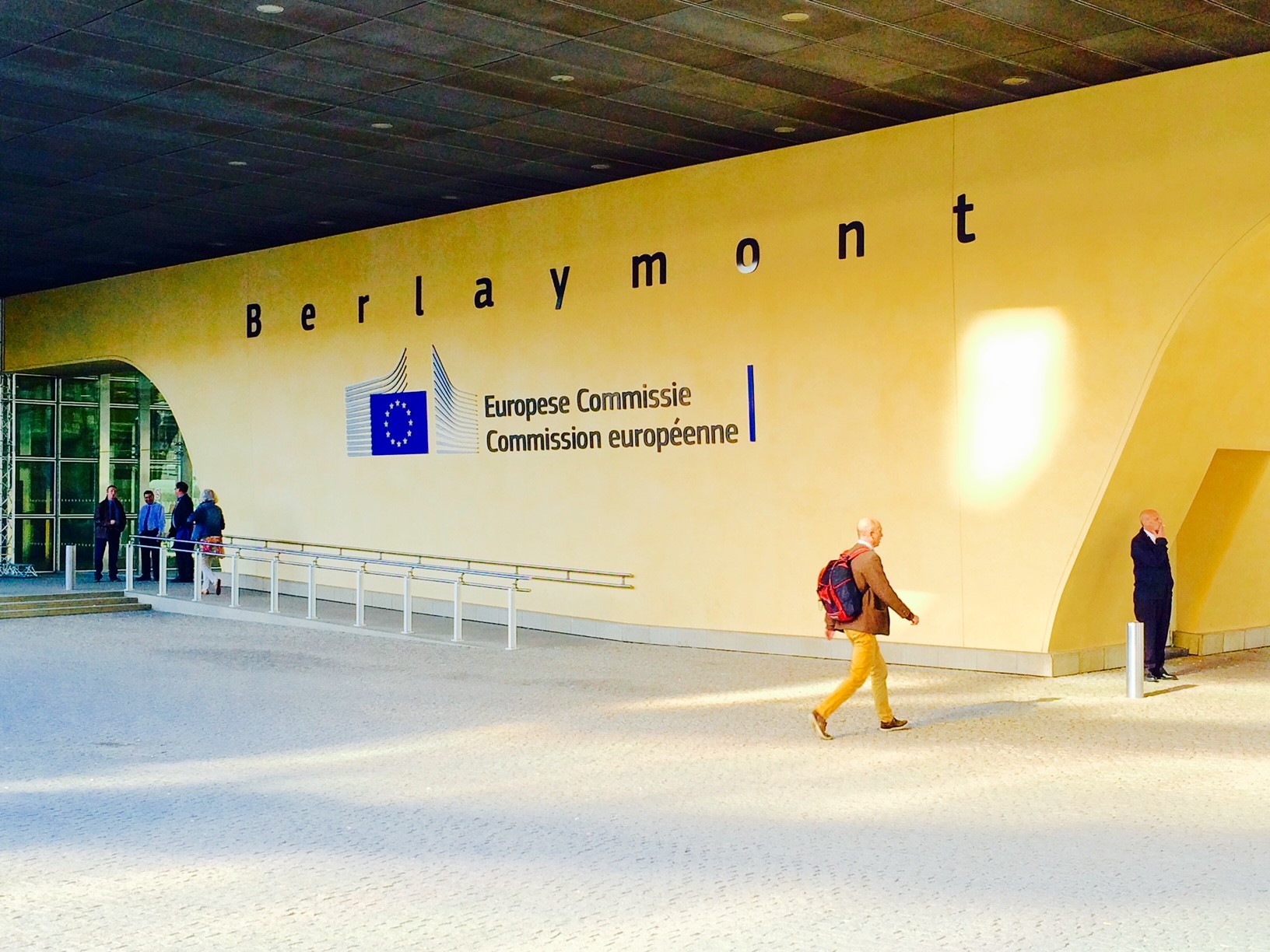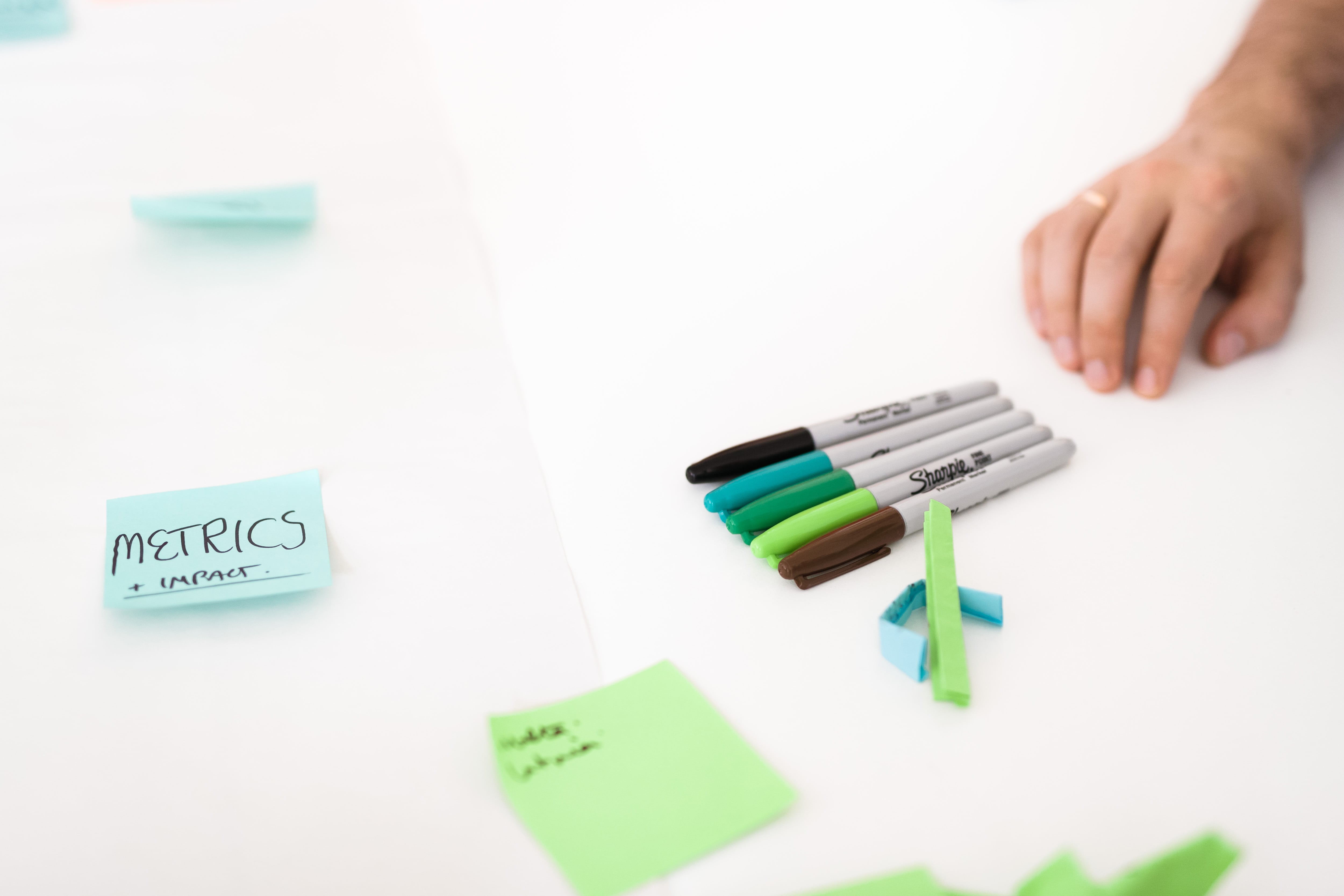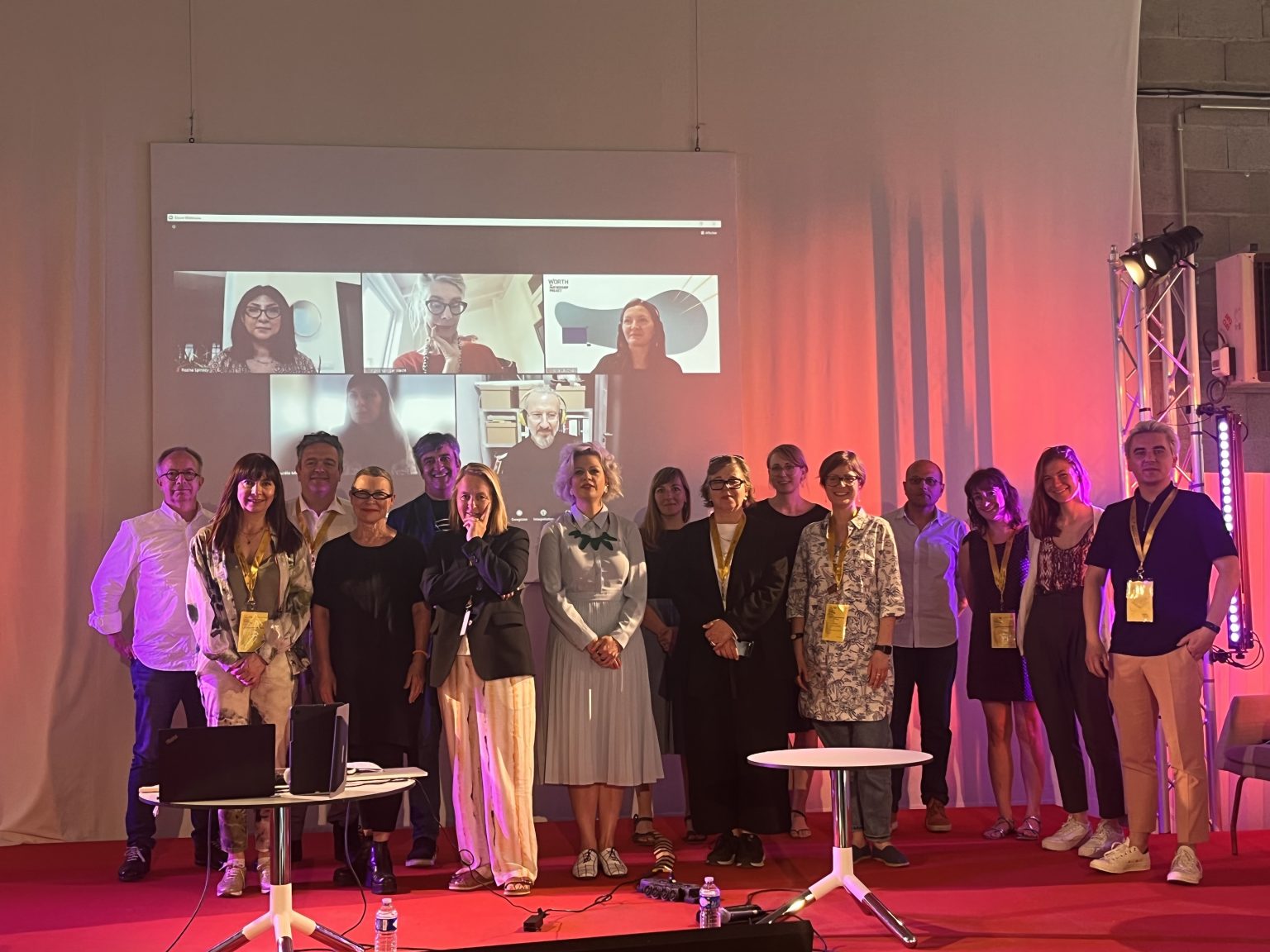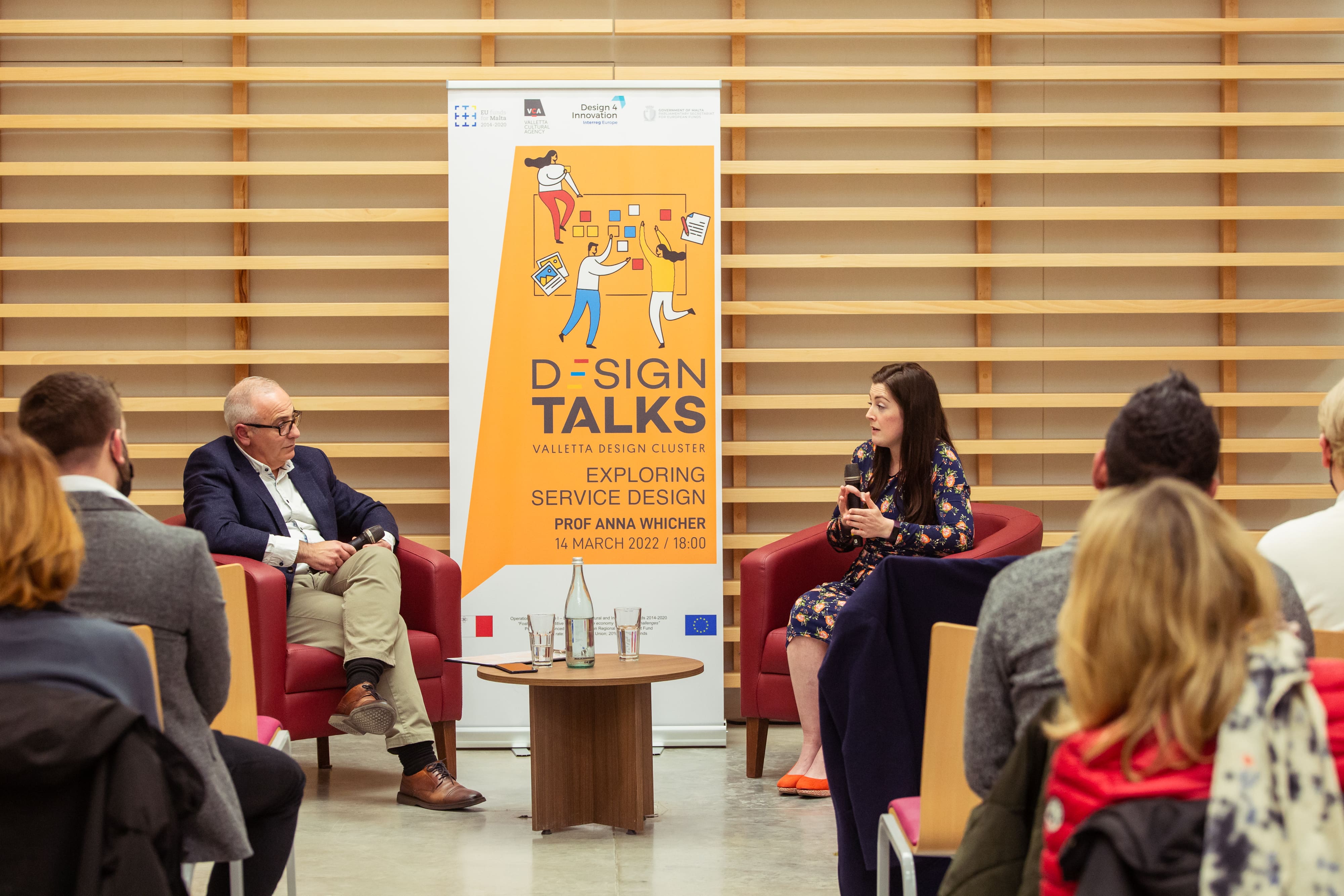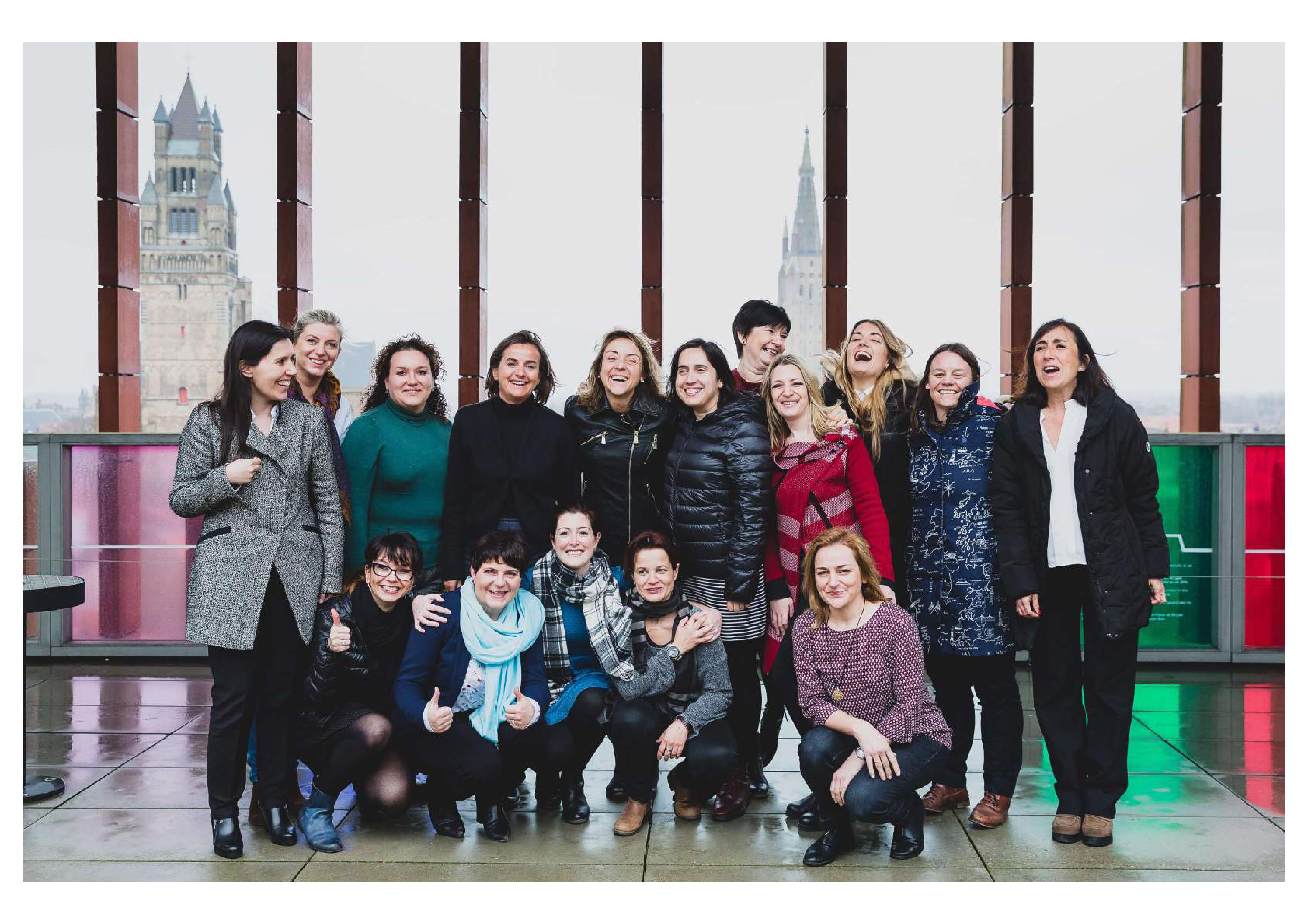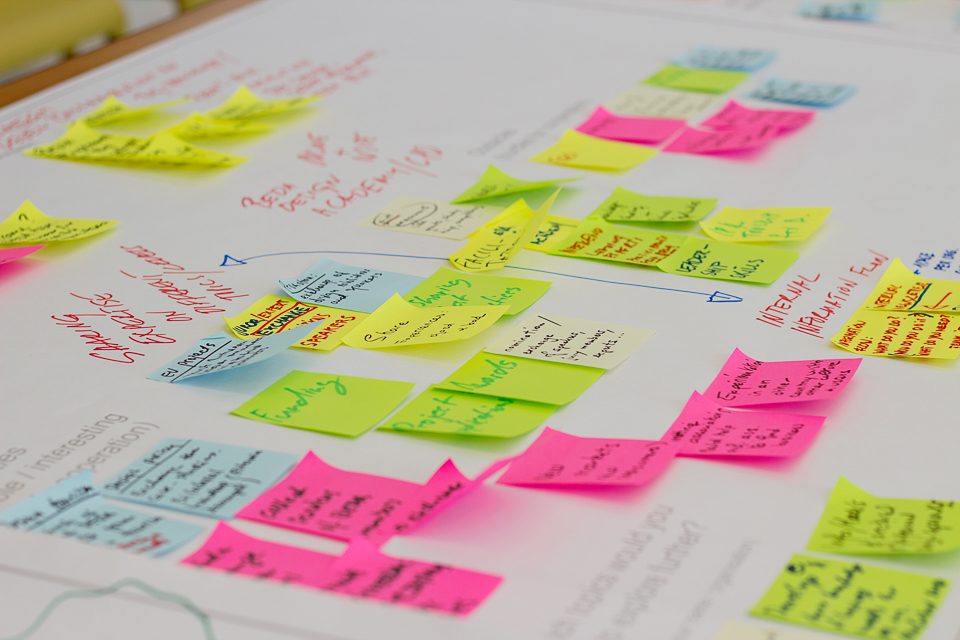We are extremely pleased to announce that our project have been granted an extension to further exchange interregional best practice in design-driven innovation through the fifth Interreg Europe call for extra activities!
The pandemic has changed the world permanently and profoundly. Even when countries will eventually be able to effectively control and manage the spread of COVID-19 in the coming months, there will be huge shifts in social, economic, technological, and environmental priorities in many years to come.

Many SMEs will emerge to find that their market has evaporated, their partners or supply chains have shifted, and that their stakeholders have different priorities. Design is an inclusive, user-centred, engaging and collaborative approach that encourages simultaneous pursuit of economic value, social equity, and ecosystem quality. It plays a vital role in pandemic and post-pandemic reality, when adaptation and user-centred innovation are more important than ever. That is why design plays a central role in the New European Bauhaus (NEB) which is going to be echoed in the 2021-27 Cohesion Policy.
Many of the Design4Innovation-inspired actions and support mechanisms started to be implemented just before or during the pandemic - most of them needed to be adapted to the new reality. For example, design vouchers have shifted focus to digital design to help in the transition, the terms of references have been adapted to include new services and forms of support delivery, networking, advisory and mentoring services, while promotional activities have moved entirely online.
The continuation exchange of experience will enable Design4Innovation partners to further improve their regional mechanisms of design support for SMEs what will be essential on the recovery path to more competitive and more sustainable SMEs. Through a series of four knowledge exchange workshops and two study visits we are going to review current context of design support, identify and share at least six good practices and adapt and prepare them for implementation in our regions. We expect the process will inspire new support measures within the changing policy context.
Stay tuned for more updates from Design4Innovation!
